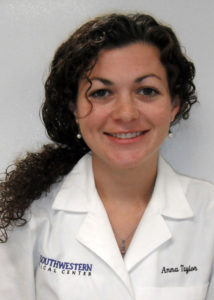Our Postdoctoral Training
About the Postdoctoral Training Program
The Department of Cellular and Integrative Physiology offers a rich training environment for fellows interested in contemporary biomedical research. This opportunity is available to those holding advanced professional degrees including a MD, DVM, DDS, PhD or equivalent.
The department has wide expertise and is noted for training in Neuroscience, Glial Biology, Cardiovascular Sciences, Stem Cell Research, the Biology of Aging, Metabolic Diseases and other advanced areas of biomedical science. Fellowship training in the department is multidisciplinary in nature with a scope spanning atomic, molecular and cellular mechanisms to whole organism consequences. Fellows are expected to perform at a high level of scholarly achievement to include producing high quality research, publishing in top tier journals, successfully competing for extramural funding; all to ensure continuous professional progress. Our goal is to train the next generation of scientists and to position them to compete successfully in today’s biomedical research landscape.
Toward this end, the department maintains contemporary core facilities and has cutting-edge research laboratories directed by internationally recognized research scientists who are leaders in their fields. We recruit only committed faculty capable of securing substantial extramural funding to include individual NIH R01 awards, programmatic funding and fellowship training grants. The department and its faculty have broad experience training fellows, which is supported by structured mentoring programs tailored to each trainee’s individual needs. We also provide assistance with professional networking to expand career opportunities to fellows who complete training in our department. We welcome applications from interested fellows and look forward to helping you achieve your goals.

“I am very grateful for my time as a postdoctoral fellow in Department of Cellular and Integrative Physiology. Not only has the department helped me to grow as a scientist through collaborations and seminars, but also through networking with invited speakers and presenting at the yearly symposium.”
–Anna Taylor, Ph.D.
